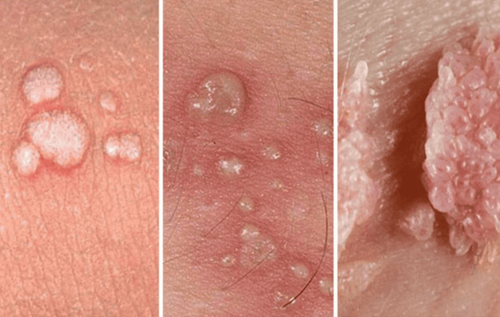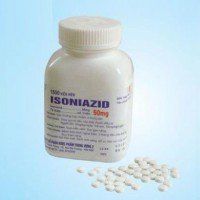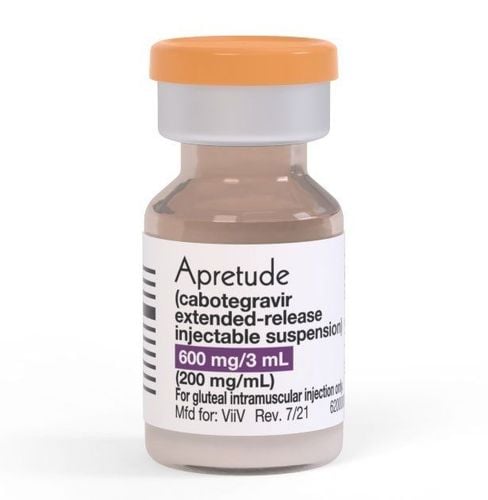This is an automatically translated article.
The article was professionally consulted with Specialist Doctor I Bui Thi Ha - Pediatrician - Neonatologist - Department of Pediatrics - Neonatology - Vinmec Ha Long International General Hospital.Immunocompromised children are often susceptible to upper respiratory tract infections with typical symptoms such as fever, cough, nasal congestion, and difficulty breathing. To prevent children from getting upper respiratory tract infections, parents need to fully vaccinate their children, drink plenty of water, keep warm and supplement with the right nutrients to help strengthen the immune system.
1. Signs that the child is immunocompromised
When children have weak resistance, their immune system declines, which increases the risk of infectious diseases, typically coughs, fevers, flu, sore throats, stuffy noses, etc. :Children often get sick: Children are very sensitive to changes in the external environment. For children who are immunocompromised, that is, they have less resistance to pathogens from the environment, they will get sick more often. Dehydration: Children who are dehydrated or not drinking enough water can be a sign that a child is having a weakened immune system. Symptoms of dehydration in children are often seen through dry skin, dry lining of the lips and tongue. Children often feel thirsty, eyes sunken, urinate less often, when crying, there are no tears. Children with a craving for sugar: Immunocompromised children may have an unusual craving for sugar or eat too many sweets. Not only that, eating a lot of sugar (especially refined sugar found in candies and soft drinks) also makes children's resistance weaker. Children with anorexia and anorexia: Children need to eat enough to provide energy for life activities as well as body development. However, if the child has a weak resistance, or is tired, easily gets sick, the child does not need to eat or drink anything. Therefore, when seeing children showing signs of anorexia, parents need to pay attention to monitor whether the child is having problems, whether the child is immunocompromised or not to find appropriate solutions. Poor digestion: One of the signs that a child has a weak resistance is poor digestion and reduced absorption of nutrients. Accordingly, children often have digestive disorders, passing raw stools. As a result, children are severely undernourished, leading to stunted growth, slow activity, and delayed physical development. Wound healing time: Wound healing time is one of the factors that assess the health of the immune system. If your child has wounds that take a long time to heal, it is most likely a sign that the child is immunocompromised. Poor endurance: Children with low resistance often feel tired, have no energy to work, and are not as excited to play as other children. Instead, children always look listless, lethargic and sleep a lot during the day.
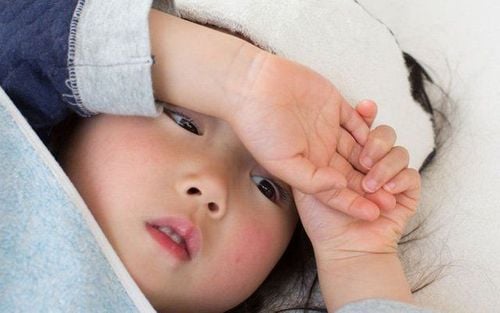
Những trẻ suy giảm miễn dịch thường hay ốm vặt, tiêu hóa kém, biếng ăn,...
2. Why do children with weakened immune systems easily lead to upper respiratory infections?
Upper respiratory tract inflammation is a combination of many different diseases related to the upper respiratory system, including pharyngitis, colds, sinusitis, rhinitis, laryngitis, otitis media... Upper respiratory tract... It is the first organ that comes into contact with all adverse environmental factors, including bacteria and molds... Therefore, this organ is extremely sensitive and susceptible to infection.Usually, the subjects susceptible to upper respiratory tract infections are young children, the elderly, people with leukemia, immunocompromised people... Currently, many parents still show their hostility. associated with complications caused by upper respiratory tract infections because it is thought that this is a transient disease, not of concern. However, for immunocompromised children, there may be problems such as bronchitis, severe pneumonia, more dangerous than respiratory failure, the risk of death if not treated promptly.
3. Recognizing signs that children have upper respiratory tract infections
Symptoms of upper respiratory tract infection are often quite diverse, they can be a single sign or a combination of many signs including:Fever: This is the most common manifestation, children are often more prone to high fever. In adults, the body temperature can be up to 39-40oC, accompanied by many symptoms such as itching, eye pain, watery eyes, conjunctivitis. Cough: Cough is a symptom that occurs in most respiratory diseases. Cough usually occurs intermittently, dry cough, with sputum or no phlegm. Runny nose, stuffy nose, runny nose, sore throat, fatigue, loss of appetite. Shortness of breath: This is a rare symptom in children with upper respiratory infections. However, once the disease has appeared, the disease has entered a severe stage, if not treated well, the disease can turn to chronic upper respiratory tract infection with typical symptoms of cough, sore throat, difficulty swallowing. throat, stuffy nose due to hypertrophy of the nasal tip. Persistent chronic VA: This condition, which occurs in some children, is caused by a bacillus. At that time, in the nose, green mucus is observed, the case of sinusitis will be accompanied by a headache. Children with upper respiratory tract infections, if not detected and treated promptly, can easily lead to lower respiratory tract infections, with symptoms including: shortness of breath, shortness of breath, stridor, bronchitis, bronchiolitis laryngitis, pneumonia. Severe complications of respiratory tract infections are superinfections that lead to other diseases, when more severe, there is a risk of death due to serious complications such as meningitis, heart inflammation, glomerulonephritis. , acute rheumatism.
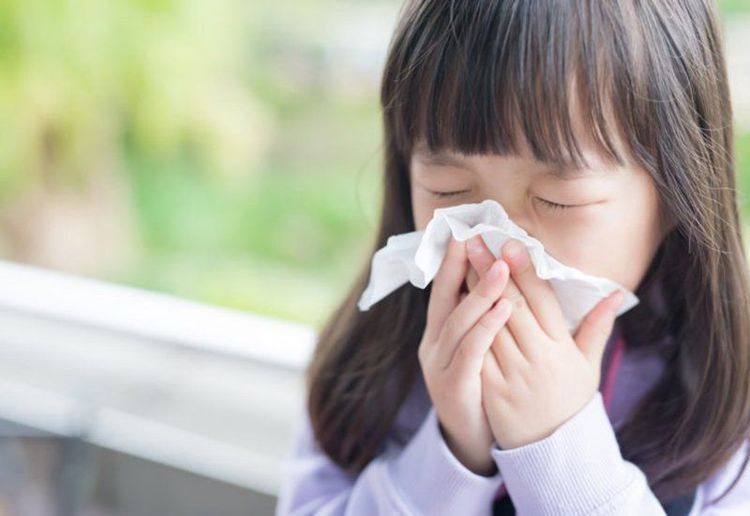
Trẻ bị viêm đường hô hấp trên thường có các biểu hiện như sốt cao, ho, sổ mũi, nghẹt mũi, khó thở,...
4. How to prevent upper respiratory infections in children
In order to protect their health and avoid upper respiratory tract infections in children, especially when the weather changes, parents should pay attention to creating a well-ventilated living environment for children, practice for children to drink plenty of water, and keep their body warm and healthy. Ensure proper nutrition for children.In particular, parents should pay attention to fully immunize their children, especially vaccines against respiratory diseases such as pneumococcal vaccines Synflorix and Prevenar 13 to prevent pneumonia, acute otitis media, meningitis, bacteremia, seasonal flu vaccine... If the child has symptoms of the disease, it should be taken to the doctor. Do not arbitrarily give drugs, especially antibiotics.
In addition, a complete, balanced diet helps strengthen the child's immune system. The ingredients that help build a balanced diet include carbohydrates (starches), proteins, amino acids, fats, essential vitamins and minerals.
When a child has an upper respiratory infection, parents need to take the child to see a doctor to assess the extent of the disease. Most cases of pediatric patients with mild upper respiratory tract infections are prescribed by doctors for care, guidance, and treatment at home.
To prevent diseases that babies often get, parents should pay attention to nutrition to improve children's resistance. At the same time, add supporting foods containing lysine, essential micro-minerals and vitamins such as zinc, chromium, selenium, B vitamins,... snacks and less digestive problems.
Parents can learn more:
Why do you need to supplement Lysine for your baby?
The role of zinc - Guidelines for reasonable zinc supplementation
Please visit the website Vinmec.com regularly and update useful information to take care of your baby and family.






